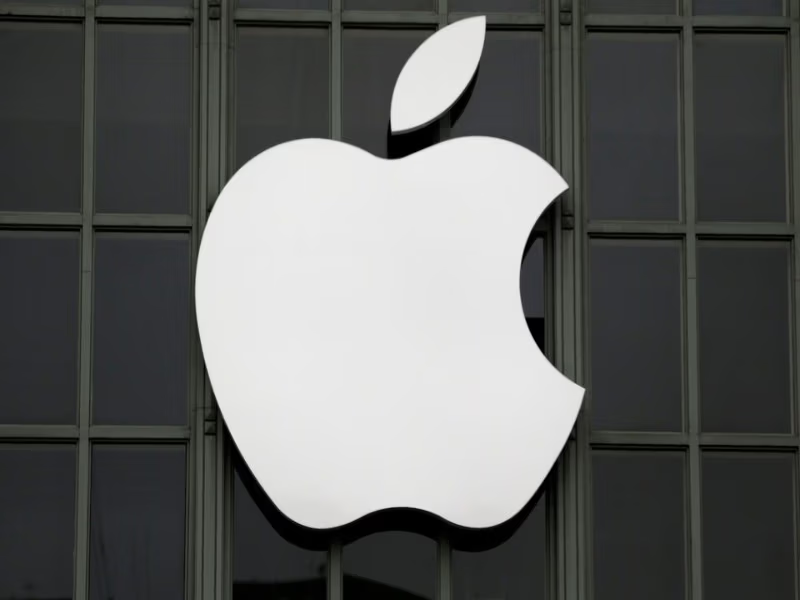According to Reuters, Apple is appealing an Indian law on new antitrust penalties, to which the US company has a chance to pay a fine of up to $38 billion, a court filing at the Delhi High Court.
The first challenge is the first challenge with the Indian antitrust penalty law, which, since last year, provides the Competition Commission of India (CCI) with the global turnover in determining its penalties imposed on companies that have abused their market dominance.
Tinder-owner Match and Indian startups have been embroiled in antitrust litigation against Apple at the CCI since 2022, with investigators last year releasing a report asserting the US smartphone giant had acted in an “abusive conduct” on the apps market of its iPhone Operating System, iOS.
However, Apple refuted all misconduct, and CCI has not reached a final decision in the case, including on the issue of penalty.
The company is petitioning judicial authorities to find illegal, as the law of 2024, which has permitted the CCI to consider global turnover, not only Indian, in its calculation of penalties as per its 545-page court filing, which is not public.
Apple estimated in the filing that its “maximum penalty exposure” at the rate of 10 per cent of its average worldwide turnover based on all its services worldwide over three financial years to 2024 could be approximately $38 billion.
It has been reported that Such a “penalty based on global turnover…would be manifestly arbitrary, unconstitutional, grossly disproportionate, unjust.”
Apple and the CCI did not respond immediately to requests for comment. In the European Union as well, companies face the possibility of fines up to 10 per cent of their international turnover in case of antitrust infractions.
Apple stated that the CCI’s use of the new rules for the first time on November 10, under the unrelated case, in which they were retrospectively applied to a violation by the impacted by the company a decade earlier.
Apple also reported that it has “no choice but to bring this constitutional challenge now to avoid retrospective imposition of penalty against them.”
The company has insisted it is a small player in comparison to Google’s Android, which is the dominant player in the Indian market. Counterpoint Research indicated that Apple’s smartphone base has grown four times bigger in the last five years in India.
The CCI discovered last year that Apple did not allow any third-party payment processor to offer transaction services on in-app purchases, with the charge in this scenario potentially reaching 30 percent.
Reuters reported in October that in a private submission to the CCI, Apple’s opposition match discussed a fine based on global turnover could “act as a significant deterrent against recidivism”.
In its court filing, Apple condemned that India can only impose a fine on the Indian revenue of that particular unit that is breaching the antitrust law, citing the example of a toy seller who operates a stationery business.
It stated that it would be arbitrary and disproportionate to penalize the total turnover of 20,000 rupees of the stationery business against the contravention of the toy business, which earns 100 rupees.
Meanwhile, Apple’s plea will be held on December 3. A competition law partner at Indian law firm Dua Associates, Gautam Shahi, said that the “Amended law is clear that CCI can consider global turnover. It will be difficult to convince the court to interfere with clearly laid down legislative policy.”






